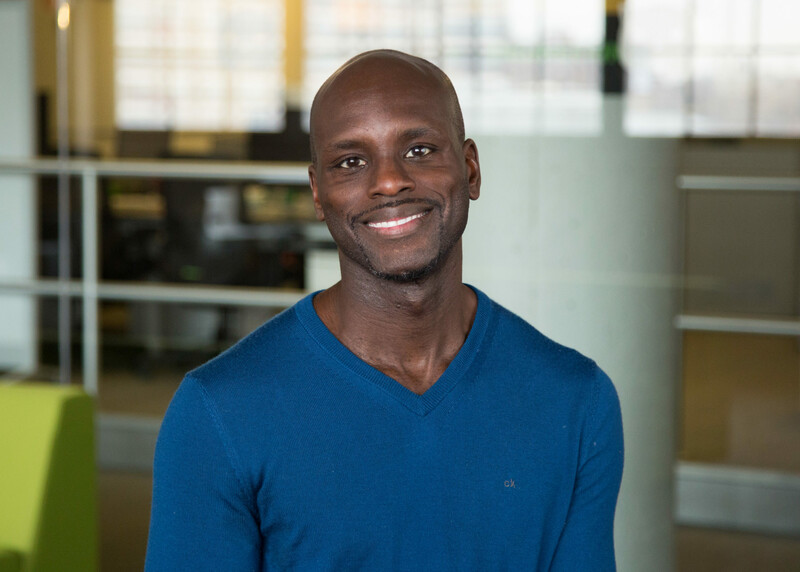
A Q&A with a former National FFA President and the current global head of inclusion and diversity at Groupon
The last few months have brought diversity, race and inclusion front and center. As an individual, member of society and business leader, how can you create healthy dialogue around these controversial topics, without adding more hurtful or offensive views? On a recent episode of the Farming the Countryside podcast, host Andrew McCrea visited with Corey Flournoy, global head of inclusion and diversity at Groupon. Corey grew up in Chicago and became first African American national FFA president 1994. Since then he’s held several positions within agriculture and beyond. Today he leads diversity and inclusion efforts at Groupon.
Tell us about your job.
I work for a company called Groupon, which is a global app and website where people go to find discounts on things to do in your local community. I’ve been working for two years as global head of inclusion and diversity. I lead workshops and training on topics such as unconscious bias and getting employees to collaborate and work across cultural lines. My job is more than just working on increasing diversity in our organization. It is actually about creating space for us to have these conversations around the world so we can learn from each other.
Why are diversity and race such difficult conversations to discuss?
We live in a world where the community we care the most about is our own, and there’s nothing wrong with that. But in doing that, we often forget about the challenges other communities are encountering.
Listen to Andrew McCrea and Corey Flournoy discuss leadership in a tumultuous world on the Farming the Countryside podcast:
Why have you specialized in the diversity-and-inclusion area?
This work is personal for me. Obviously, there’s been a lot of conversation around George Floyd and his killing. I'm a 46-year-old black man born and raised in the city of Chicago, and that could be me. I’ve never tried drugs and had one drink in my life – but I can still be a target for the police. I’ve been stopped by the police while walking home.
What are your guidelines or tips for talking about controversial topics such as race?
Being able to stop and listen to each other is almost a lost art. When we do that, we develop empathy. Empathy is realizing that I may not understand your experience or have had your experience, but I relate to how that much feel emotionally. Don’t think about what is right or wrong – but how it must feel to encounter some of the things that encounter in our society.
How can someone be a good example for others in approaching diversity issues?
First, seek to understand. Have conversations even within your own family. (I do not encourage social media as being the way to engage in some of these conversations.) When people share negative views about a certain group, ask some questions. See if their views are based on facts or just something they perceive or think. We live in a great but imperfect country – there is inequality, injustice and racism. We have a responsibility to speak out or do something when there's someone who is disproportionately hurt or disadvantaged. If your small town were hit by a tornado next week, your hope is others from different towns would come to your aid. That’s what a lot of these movements are about – coming to the aid of people who are suffering or feeling injustice.
Are we getting better as society on these issues, or are we going backwards?
It depends on the situation. In the last few month, people have been mobilized, not just to U.S. but around the world. There is something to be said when we put our own needs and focus aside to stand up for someone else. I have seen a lot of it happened positively, in the last few weeks. These protests and demonstrations are leading to changes that are happening throughout the world. Anytime you can engage in a conversation where you can broaden your perspective, I think it's a positive thing. There's always some kind of conversation about diversity inclusion that we need to have and not avoid – because that’s how we make change.
What is your advice specifically for those of us in agriculture?
I'm a better person because I had opportunity to engage with people from rural areas. I lived on a family farm in central Illinois one summer. I am who I am because I had the blessing to learn about a part of life that wasn't my own. Every time we travel, it changes our perspective and how we appreciate the world. Travel as much as you can. Agriculture truly is the backbone to our country, and it's also important people get to hear from you and understand your perspective.








 User Center
User Center My Training Class
My Training Class Feedback
Feedback












Comments
Something to say?
Log in or Sign up for free